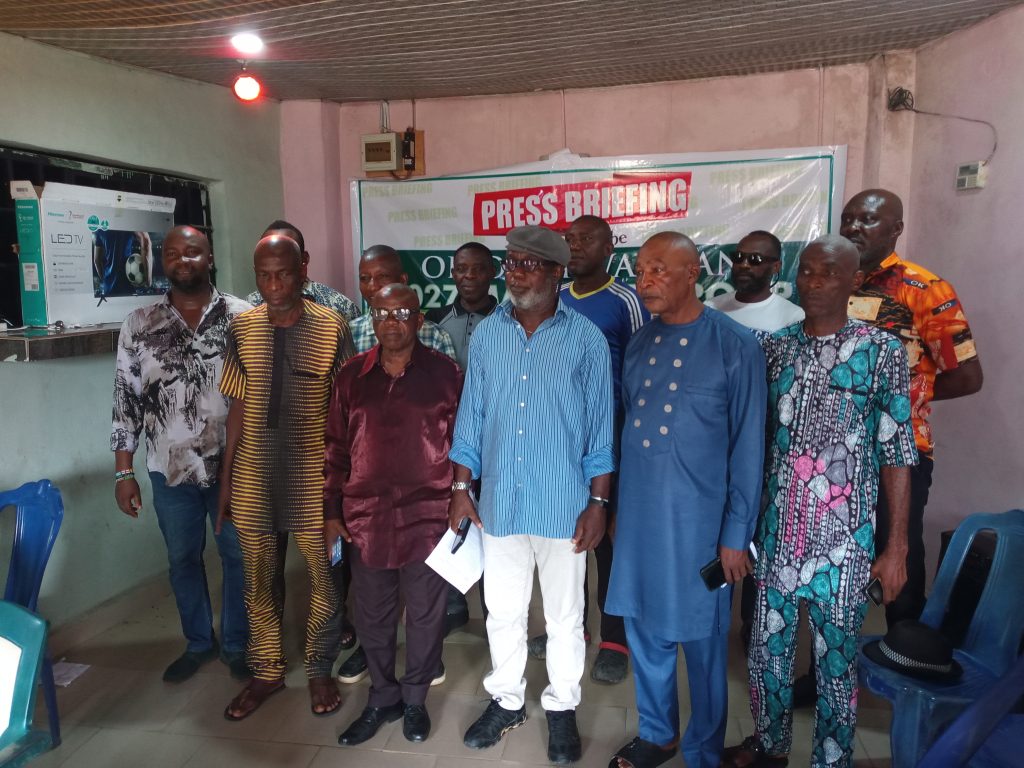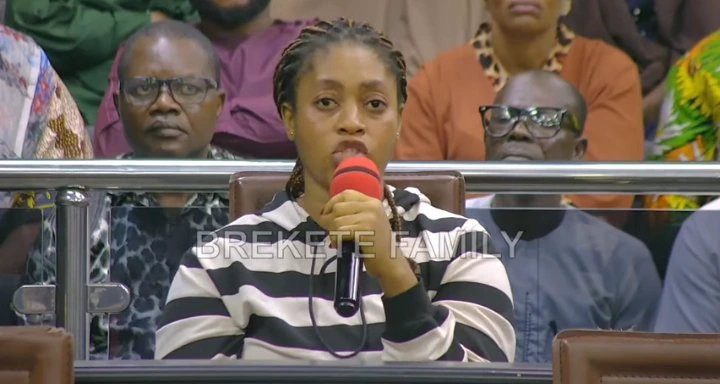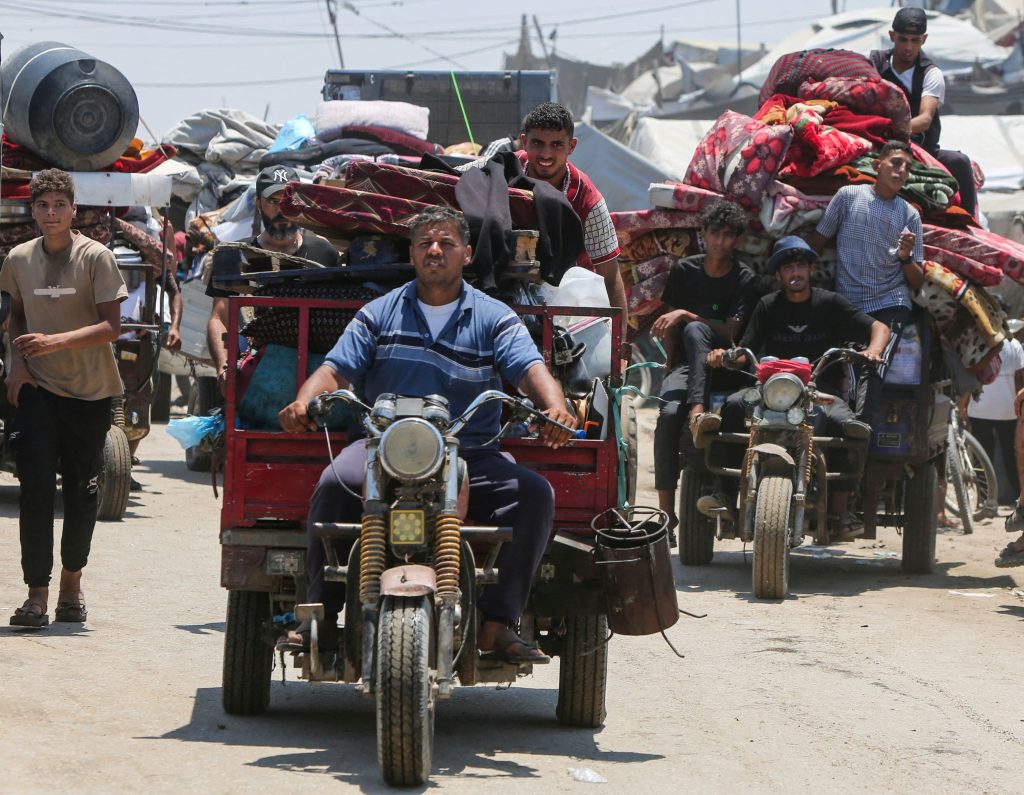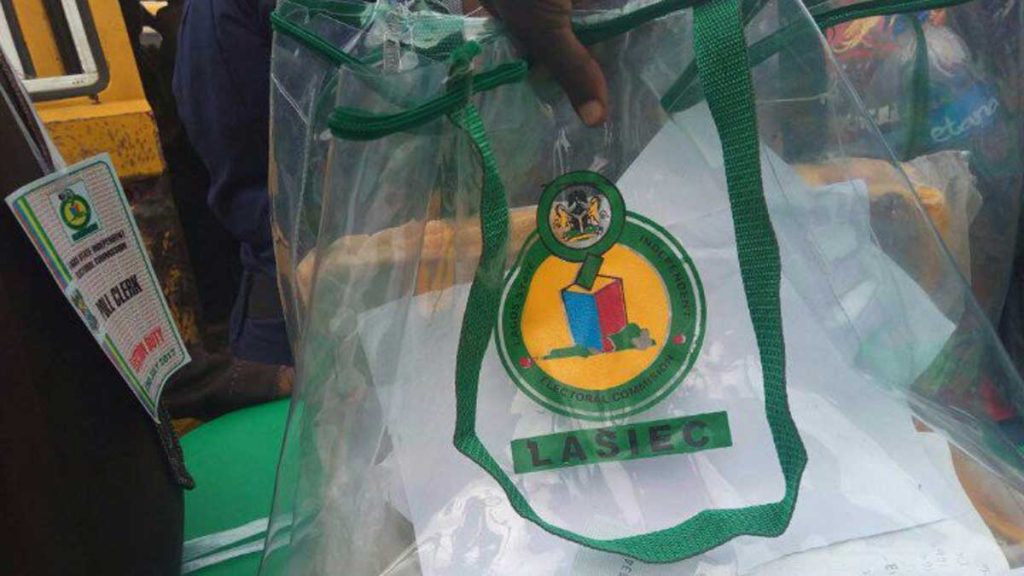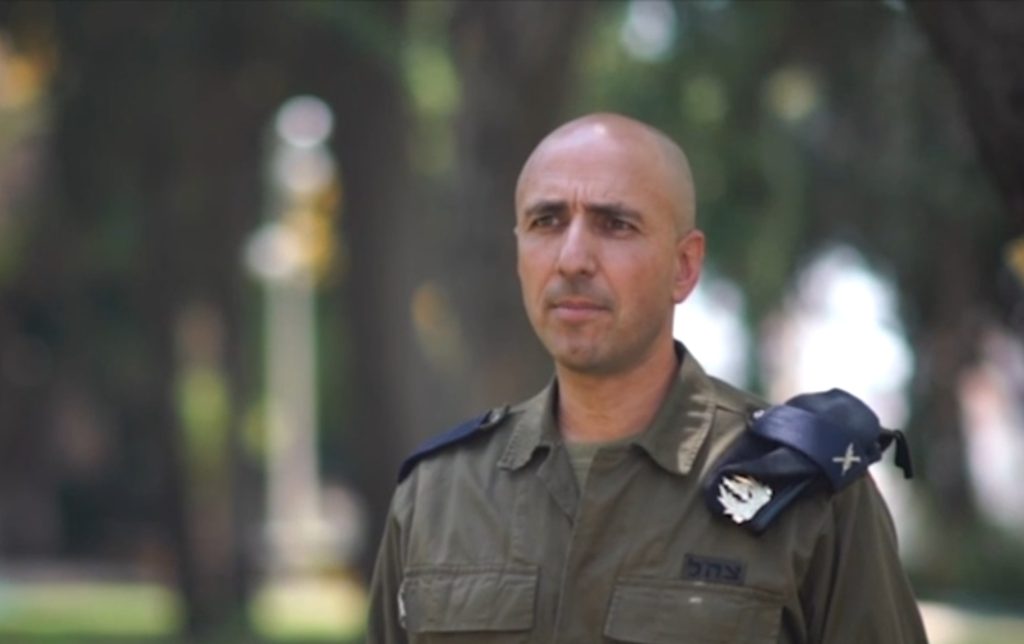Analysis
Sokoto and the ‘Lukarawas’ emerging security challenge, by Emmanuel Ado

Sokoto State, which already has its plate full due to the nefarious activities of the terrorists operating freely in 13 local government areas of its Eastern border with Zamfara State, might find its security situation terribly worsened by the ‘Lukarawas’ threats.
It is imperative, therefore, that the security agencies should redouble their efforts to quickly annihilate these emerging merchants of terror.
In fact, neither the highly harassed people of Sokoto State nor traumatized Nigerians deserve the emerging security challenges posed by the blood-thirsty group known as Lukarawas whose demonic ideology, though still unraveling, certainly portends increased security challenge based on their reported activities.
Though the group is presently contained in the Sokoto and Kebbi States axis, it could easily spread to other states of the North and the country, as we saw when the Boko Haram sect first emerged in Borno State, especially if we adopt the same erroneous conclusion that the threat is a Sokoto and Kebbi states problem, like we thought that Boko Haram was a localized threat and a problem of Borno State.
The Lakurawas pose a national security threat, and the nation has no choice but to fight and win the war which is not Sokoto State or Kebbi State war.
It is the sovereignty of Nigeria that the Lukarawas group is flagrantly challenging by its bloodletting campaign, the imposition and collection of taxes, and other activities that have further exacerbated the security challenges in the two North-West states.
Having travelled this hard road before, Nigeria must bring its experience in tackling the Boko Haram insurgency to bear in clinically crushing a group with the same warped ideology as Boko Haram.
They are a threat and they would only get stronger going by the alarm by the state government that they are recruiting young men with financial inducement.
According to the Director of Defense Media Operations, Maj. Gen. Edward Buba, the group with roots in Niger and Mali, reportedly gained a foothold in Sokoto and Kebbi States by cashing in on the total breakdown of the joint border cooperation between Nigeria and Niger Republic following the military coup against President Mouhammed Bazoum.
The military junta didn’t take kindly to Nigeria’s mobilization of the Economic Community of West African States (ECOWAS) against it, the threat to oust them through military action, and the eventual sealing of its border with Niger, which created domestic political problems for President Bola Tinubu and the security challenges the country is confronted with.
Without doubt, Nigeria badly managed the aftermath of the coup in Niger. Our response was not strategic. Put more bluntly, Nigeria’s national interest didn’t determine its reaction which dictated that Nigeria handled the situation differently.
It failed to marry her own national interests with that of the regional body. The consequence of that failure is the challenge we now have in the emergence of the Lukarawas group.
Moving forward, the task before Nigeria is to urgently reset her relationship with Niger Republic in the light of the new challenges.
The government should also go ahead and designate the group as terrorists to enable the military to legitimately go after them without fear of indictment by the International Criminal Court (ICC).
While working to reset the disrupted border cooperation between Niger and Nigerian forces, which is essential in securing the northern border, it must address the issue of its porous borders by embarking on a massive recruitment into the military and security services.
The acknowledgment by the military high command that the terrorists cashed in on the crisis is a confirmation that, moving forward, the reset of the cooperation is critical.
According to the Defence Spokesman: ”The terrorists took advantage of the gaps in cooperation between both countries and exploited difficult terrains to make incursions into remote areas in some Northwestern states to spread their ideology”.
While security services remain an exclusive domain of the Federal Government, the Ahmad Aliyu Sokoto administration has not only rightly placed combating the security challenges on top of its agenda, but has continued to discharge its responsibilities to its citizens and to humanity.
It has created a local community corp to primarily gather intelligence to support the war on terrorism. Additionally, it has heavily invested in building military bases and providing other logistics support for the security agencies because the victims are its citizens.
But it is only a sub-national government, so it lacks the coercive power to really go after them.
The religious group, going by their reported activities and association with ISIS, wants to forcefully impose their brand of Islam; punishing people for shaving their heads and for listening to music, like the Talibans of Afghanistan, and waging war on security and government officials who they see as obstacles to their ideology.
Amongst security analysts, the consensus is that the terrorists and other criminal organizations operating in other parts of the country appear to be having an upper hand, and terrorizing innocent citizens with impunity, primarily because of the limited numbers of boots on the ground, coupled with the fact that the security services are not well equipped and are lacking in the technology that can make their limited numbers count.
President Bola Tinubu would hopefully take the very drastic measures that he had promised during the campaign; especially the recruitment of more men and women into the various security agencies.
Clearly, the less than 300,000 strong armed forces is overwhelmed and overstretched by the various crises confronting the country. There is no doubt that only a massive recruitment will give the security agencies the needed capability. Apart from increasing the booths on the ground, the recruitment would also reduce unemployment amongst the youthful population.
It must be stressed that previous military operations in Sokoto State and other North-West states during the Muhammadu Buhari administration failed because the armed forces lacked the requisite manpower to simultaneously launch military operations in all the troubled states.
The question is, are there other initiatives within his constitutional authority that Governor Ahmad Aliyu Sokoto should take that he has not taken in his bid to take the war to the terrorists operating in the state? While it is not the constitutional responsibility of Governor Ahmad Aliyu Sokoto to construct military bases, he has, in the enlightened self-interest of his people, constructed one at Illela for the armored corps and built access roads to help the security agencies respond promptly to the attacks.
Apart from establishing the corps, the Sokoto state government has astronomically increased the allowances for the security forces operating in the troubled part of the state and provided them with critical logistics support. It has also constructed office accommodations for the state community corps to help them effectively function. The government has also embarked on the construction of access roads to known terrorists hideouts in Tureta, Kebbe, and Ilela Local Government Areas to ease movement of security forces.
In the war against the terrorists, Governor Ahmad Aliyu Sokoto has been responsible and more than alive to his duties to his people.
In the words of the governor:” We are determined to spend our last kobo for the security of our people. We owe our citizens a life free of violence and fear.”
For Diaspora Digital Media Updates click on Whatsapp, or Telegram. For eyewitness accounts/ reports/ articles, write to: citizenreports@diasporadigitalmedia.com. Follow us on X (Fomerly Twitter) or Facebook





